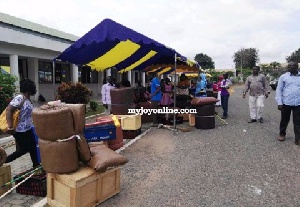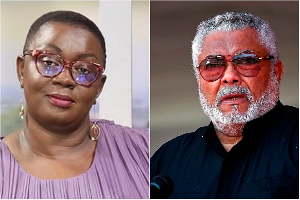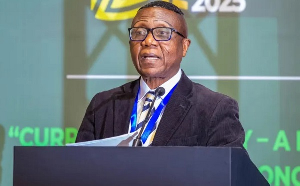For years, I've followed the arguments by our politicians on how our secondary education should be managed.
As a Journalist, I've just observed without stating any position because I lack the expertise to do so or my views won't really matter.
I note in particular the policies implemented by the current administration and want to state my opinion as follows:
Many can't afford to pay for secondary education, hence government's decision to implement the FREE SENIOR HIGH SCHOOL policy.
Great intervention if you ask me. But that has brought about another problem. More students than the current infrastructure can accommodate are now taking advantage of the policy to access secondary education.
Whilst that should not have been a problem, government's response to that appears to be problematic.
Here's my explanation:
The double track system could end up pushing many Ghanaian children out of school or raising the cost of secondary education beyond that which government is dealing with or worse still, result in mass failures at the WASSCE.
Students on one track have to now wait for four months at home whilst their counterparts on the other track are in school for the same period.
So what happens to those waiting to go to school in that four months? Take up extra classes from private people at a cost determined by profit motive of those running the classes. This will likely be more expensive than parents would have paid for their wards in a government regulated secondary schools and negate the intervention by government in taking up the cost.
Another option, especially for those who cannot pay for extra classes, would be to just stay at home or find some work to do during the period. Such a student is unlikely to do well at the WASSCE, considering that the four months has proved not to be enough time to complete the syllabus.
From the foregoing, cost of secondary education is likely to rise far more than it would have been before it was made free or produce students who would struggle to pass well enough to progress to the tertiary level.
I note that while the double track system is crucial in addressing the huge numbers we have as a result of the free SHS policy, government ought to make it a temporary measure. At the same time, there must be a massive expansion in infrastructure to accommodate the large number of students coming to secondary schools.
The writer is a journalist with Joy FM/Joynews. The views expressed in the article are entirely his, and not that of JOYNEWS or the Multimedia Group which he works for.
Opinions of Saturday, 10 November 2018
Columnist: Fred Smith















